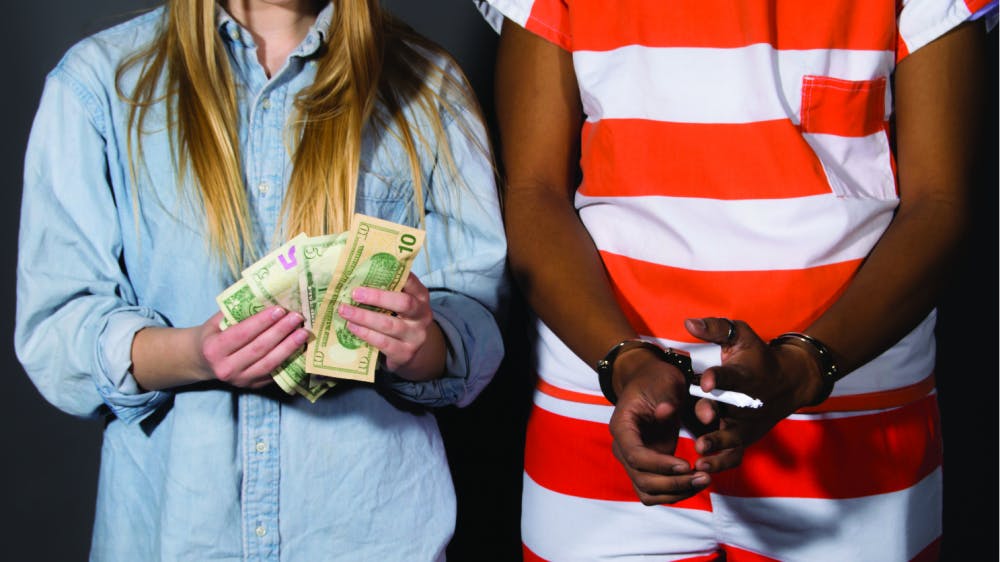Four years ago, Khadijah Adams sent a mass text to everyone in her contacts to say that she was selling anything she couldn’t fit in her car. She would be leaving her home in Sugar Land, Texas, to pursue the opportunity of a lifetime—a decision that left her family and friends confused.
Everyone she knew began asking why she was leaving and risking everything she had. I don’t give a damn, she told them. It’s a plant God created.
The year was 2014. Recreational marijuana had recently been legalized in Colorado and Washington. Khadijah, an African-American woman who’d been working as a career entrepreneur for more than 20 years, packed everything she needed in her car and drove 1,000 miles from Texas to Aurora, Colorado, to see what she could make of herself in this new land.
Since Khadijah first decided to enter the marijuana business, the industry has seen substantial growth. Several states and Washington, D.C., have legalized cannabis for recreational use, and most states have legalized it for medicinal use. But the drug is still federally illegal, and the federal government has been reluctant to view the industry as legitimate. The Centers for Disease Control and Prevention, for example, has published several reports outlining the possible dangers of marijuana use.
Khadijah, who says she has been using cannabis recreationally for 30 years, started using marijuana medically to alleviate the pain of her fibromyalgia in 2004. She says her doctor’s prescription medication she had been taking for her fibromyalgia damaged her liver, so she tried smoking more cannabis to naturally treat the pain.
To continue reading, visit ballbearingsmag.com.




